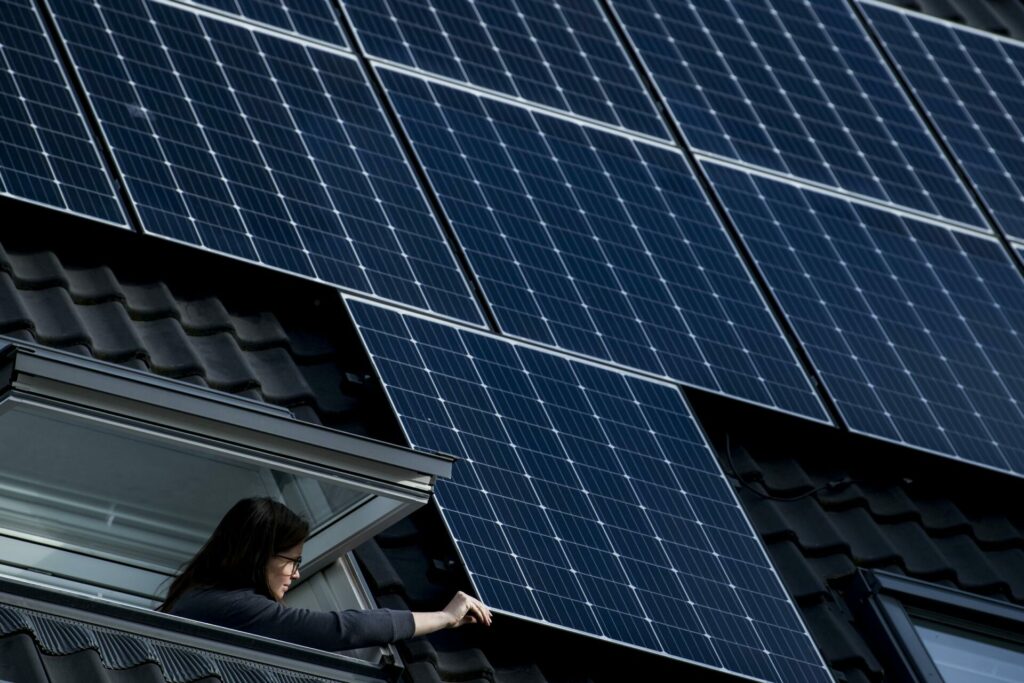A significant rise in solar panels installed by households and businesses in Belgium has led to an oversupply of solar energy, pushing electricity prices below zero for a record number of hours. This again highlights the need for more flexibility on the grid.
Belgium's electricity market has long struggled to handle the solar power generated by households and businesses. In 2023 electricity prices on the Belgian wholesale market dropped below zero for a record 222 hours. Halfway through 2024 this record has already been surpassed with 262 hours of negative prices so far this year, De Tijd reports.
The greatest oversupply occurs at midday and on sunny summer afternoons. Since the start of this year's summer holidays, when daily electricity consumption is lower, more solar power is flooding the grid.
Adding to this electricity from wind farms, nuclear plants and production from gas – sources that cannot be switched off so easily – and electricity supply often outstrips demand.
Paying to use the grid
This results in negative electricity prices, during which periods (typically afternoons) the producer must pay to feed electricity back into the grid. Traders and large industrial consumers are then paid to use the surplus.
High-voltage grid operator Elia, which before the summer holidays issued a clear warning about oversupply and negative prices, is now regularly sending alerts about the problem. It said solar energy is starting to have a bigger impact on system management in the summer. If the generation surplus is not exported en masse to neighbouring countries at peak times, solar farms and small power plants on the distribution network in Belgium risk being disconnected.
Elia warns solar power flowing into the grid unrestrained is a major issue for Belgium's electricity infrastructure. It urges measures to improve flexibility at moments of peak production. This includes batteries to store cheap surplus power or smart charging of electric cars which can help shift consumption to the cheapest hours of the day – a win-win for grid operators and consumers.
Besides a few large electricity-intensive companies, only households with dynamic contracts – where prices move from hour to hour in line with market fluctuations – can currently benefit from negative prices. They can then adjust their energy consumption to use more energy at times when prices are negative.

